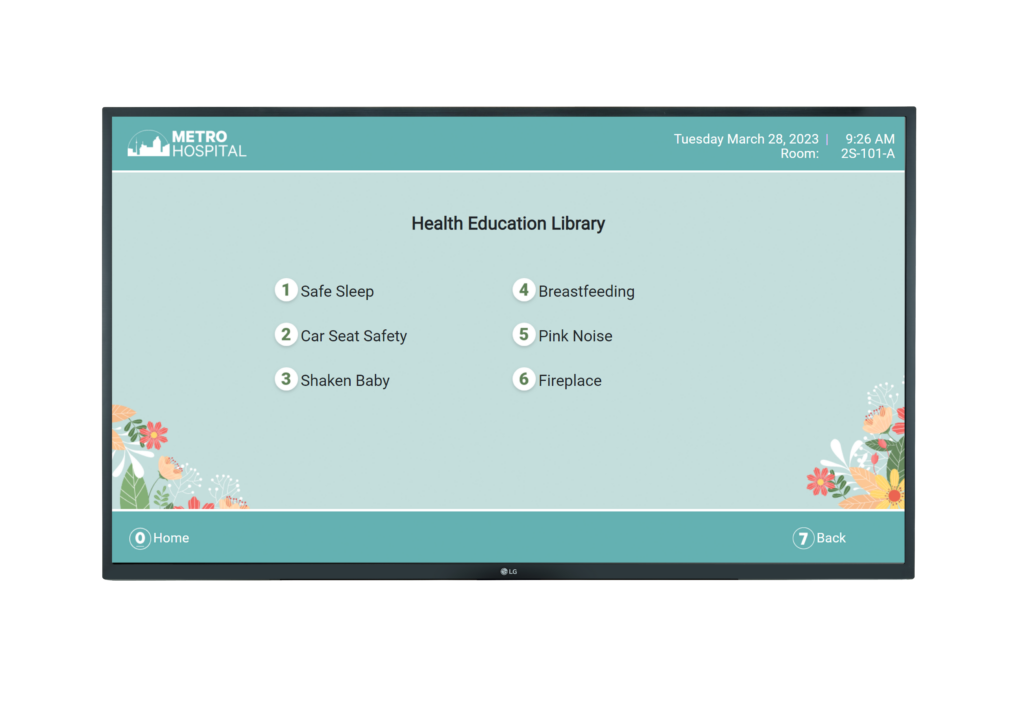
Written with contributing author Linda Robinson, MSN, CPXP, RN, Vice President of Clinical Excellence, MDM Healthcare
Childbirth is a transformative and empowering experience for mothers, but it can also be a challenging and overwhelming journey. Recently, Linda Robinson MSN, CPXP, RN Vice President of Clinical Excellence, MDM Healthcare spoke with Braidi Huecker, MD, OB-GYN on a PX Space podcast episode. The two discussed empowering expecting and new mothers with education about the childbirth process.
Dr. Huecker shared her insights on a variety of topics, including challenging stereotypes, birth positivity, and the importance of postpartum care.
“I think when patients come in during labor, or for their prenatal or postpartum visit they have this idea of how things should be, how the picture should look, how happy they should be, and what the background is going to look like. However real life is not Instagram, TikTok, or Pinterest. Real life is way harder than a beautiful photo. It can be messy. I think that puts a lot of pressure on the mother and the partner,” she said.
She explained that she believes there should be a birth positivity movement, similar to the recent body positivity movement in American culture.
“We’re not all the same. Not all women are the same, so why can’t we have birth positivity? Why can’t we celebrate birth differences? We should be celebrating how wonderful it is that we have experienced the birth of our child.”
Dr. Huecker expressed the importance of challenging childbirth and pregnancy stereotypes because they only add pressure on new mothers.
“Patients come in and they have this plan, and birth plans are fantastic, but if something doesn’t go according to your birth plan, it’s important to remember that babies don’t read the textbook and that your birth story is unique. It’s a beautiful, wonderful moment and your baby is born however he or she needed to,” she said.

Dr. Huecker also provides advice for new mothers who may be struggling with breastfeeding. She explained that similar to birth stories, unhealthy stereotypes exist about breastfeeding that also put unnecessary pressure on new mothers. She emphasized that mothers should do the best they can to breastfeed as it is healthy for the baby, but not beat themselves up if they have trouble with it.
“Everybody is different, and every breast is different, so you don’t know until you try it,” she said.
In addition to breastfeeding, another challenge mothers face when returning home after birth is the possibility of having postpartum depression. She discussed the signs and symptoms of postpartum depression and the available resources to support mothers who are struggling.

“Postpartum depression is a huge risk and can lead to maternal suicide. One out of seven patients have postpartum depression,” she said.
Dr. Huecker again emphasized how important it is that mothers stop comparing themselves to maternal stereotypes. She also explained how important it is for them to ask for help, communicate their feelings, and practice self-care.
“Moms need breaks. They have their baby 24 hours a day, seven days a week. It’s okay for mothers to let a trusted person watch the baby for a few hours and go take some time for themselves. It’s not selfish, it’s important,” she said.
She said that it usually takes a year after birth for mothers to fully bounce back.
Another topic she discussed was the prevention of injury to the baby due to conditions such as SIDS or Shaken Baby Syndrome. Dr. Huecker learned the importance of safe sleep firsthand before she ever started medical school when her newborn brother had a SIDS scare.
“We know now based on research that laying a baby on his or her back is the best way for them to sleep and that the baby sleeps alone,” she said.
She also explained some key things to remember when it comes to preventing an accidental incident of shaken baby syndrome.
In addition to breastfeeding, another challenge mothers face when returning home after birth is the possibility of having postpartum depression. She discussed the signs and symptoms of postpartum depression and the available resources to support mothers who are struggling.

“Babies cry and if you are unable to get away from that crying and get frustrated you should step away. The best thing to do is to walk outside. You have to take a mental break and walk outside for a moment. I don’t mean leave the baby alone for a long period of time or ignore your baby, but if a mother gets frustrated or upset with a crying baby, it’s important that they put the baby down and get their aggression out elsewhere because that baby needs them to do the right thing,” she said.
Preventable actions can be taken to educate parents and caregivers about SIDS and shaken baby syndrome. Education from the right sources at the right time is a powerful preventative tool. Proper education from the right source can help set up new parents for success in dealing with childbirth issues discussed by Dr. Huecker such as safe sleep, post birth warning signs, and breastfeeding.
Journey PX Mother Baby is a solution designed specifically for mother-baby units, delivering vital health education, which research shows drives positive patient outcomes, right to their hospital room via their television set. Journey PX Mother Baby also prepares parents and newborns for discharge and enhances the overall patient experience. The solution is also quick and easy to deploy. To find out more about what Journey PX Mother Baby can do for your Mother Baby unit, schedule a free demo.

You can hear more from Dr. Huecker’s interview with Linda Robinson, including personal stories about their own birth journeys, by listening to the PX Space podcast interview.

